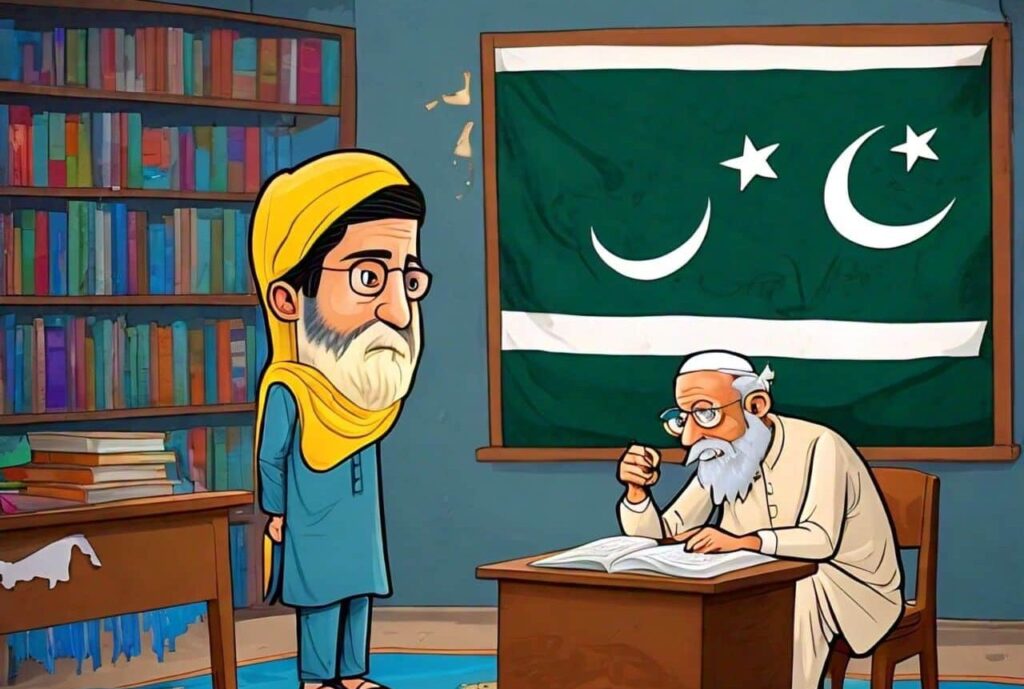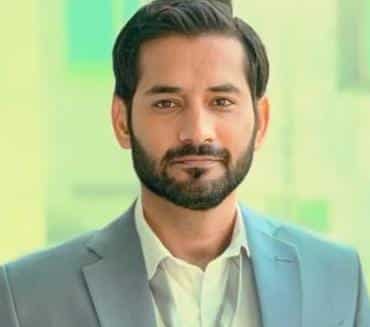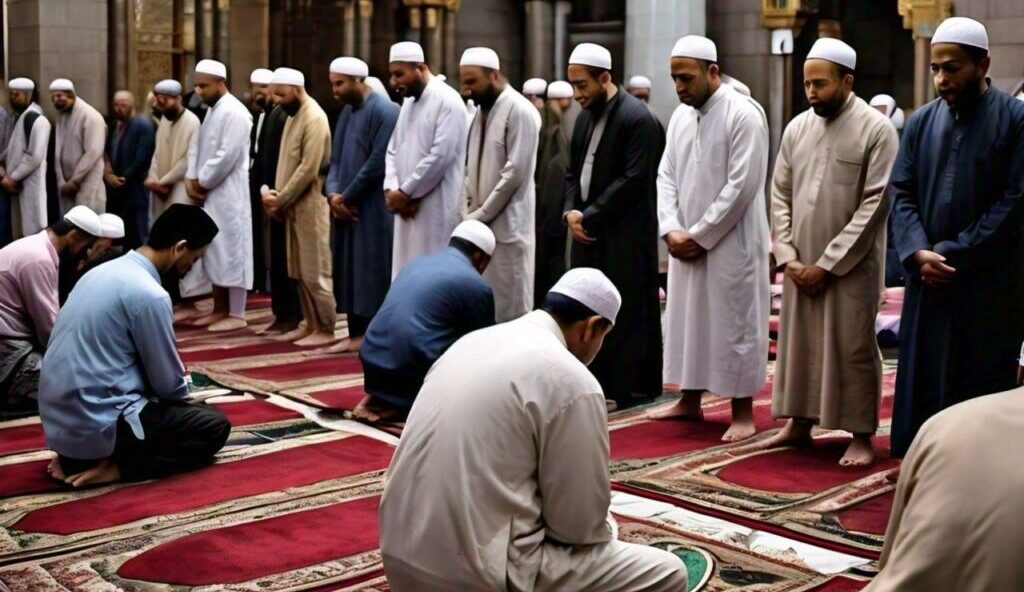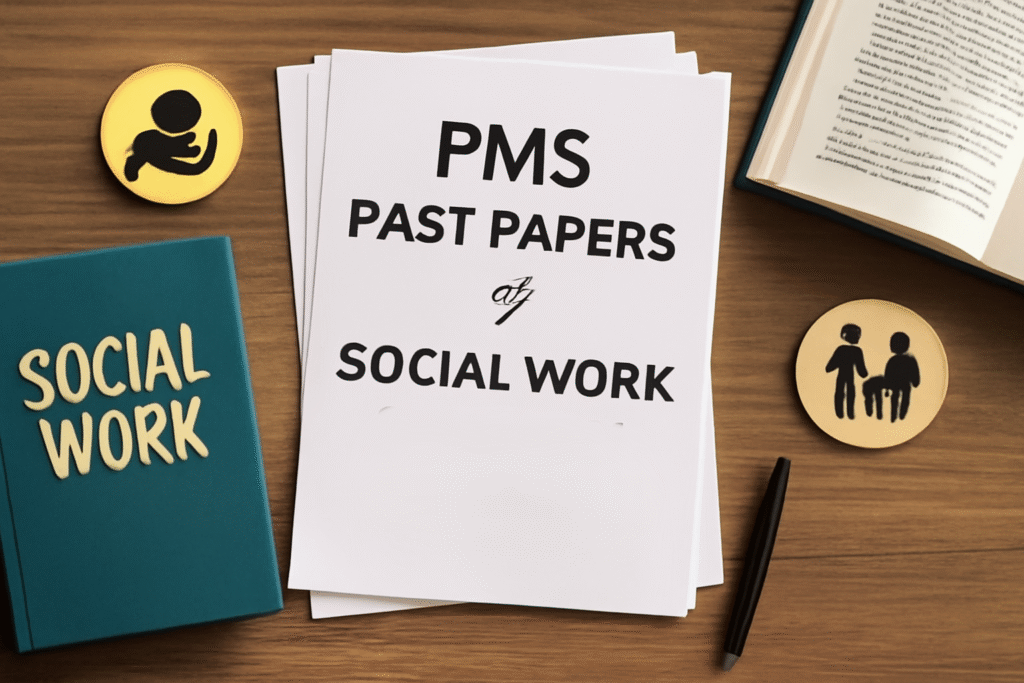A few months back, I was affiliated with a welfare organization working in the educational sector. Often, I used to visit various schools located in remote villages of Sargodha. During my visits, I observed that government teachers don’t bother to stay at school for the required time. Also, I felt that the dropout ratio is too high, especially in the primary schools.
Moreover, children cannot go beyond basic literacy, which deprives them of a good job later on. However, I met with an old farmer who sent his daughter to the government primary school of his village. He wanted to see her daughter as a doctor or teacher. However, he was terrified by the poor quality of education provided by government primary schools.
Failure to Provide Quality Education
In such circumstances, he feared that she would probably be unable to get an education above matriculation. Furthermore, some female students who reached schools after travelling kilometers from the village grumbled that the lack of secure transportation contributed to a higher dropout ratio after matriculation. On the other hand, Arif, a Punjab government clerk, lived in an urban area.
He thought government schools were ineffective and complained that he had to spend a lot on his children’s schooling in local private schools even though his children could not obtain quality education. The difference in learning between his children and the children of his officers is quite clear and is widening swiftly over time.
Truthfully, Article 25A of the constitution endorsed that education is a basic right of children. Unfortunately, no progress has been made to ensure this right, which resulted in failing to provide a higher ratio of children to be enrolled. Additionally, students who get enrolled are beyond the spectrum and quite poor compared with the private schools of the elite class with higher fees.
Poor State of Education
Recently, the annual Education Report 2014 was published, which states that most of the children in class V cannot read or write properly, and their mathematics level is similar to the children of II or III class. Furthermore, many children do not possess basic educational skills, even studying in VIII or IX classes. All educational evils circle justice, Fairness and rights. In Urdu, two words are for justice: adal and insaf. Insaf derives from nisf (half) and indicates equality, while adal signifies how justice will be delivered.
Both notions are the concept of human rights that are payable to others. The idea of justice is vehemently described by Amartya Sen. She said that it is not only the responsibility of institutions to enact justice but also every individual of the society has to eliminate injustice and start reducing it by enhancing the capabilities of people to provide greater justice.
First, in ensuring justice in education, state machinery is responsible for implementing, in the true sense, the rights and duties mentioned in the Constitution of Pakistan. Secondly, the media is playing its role in raising awareness about the necessity of education in life. Thirdly, courts are the custodians of the Constitution and are responsible for safeguarding the basic rights of individuals.
Fourthly and lastly, the present government allocated only 2 per cent of GDP for education even though the party manifesto of PML N clearly stated that education must be a priority of the political party. Along with this, provincial governments took steps to increase the budget for education, but it is not enough to cope with the unjust educational system.
The statistics provided by Pakistan Social Living Standards Measurement data 2022-23 showed the gravity of the situation as it informs that only 3 per cent of rural girls in Baluchistan are getting an education in secondary schools, and the problem is similar in Sindh, where only 7 per cent of girls attend secondary school.
Conclusion
In a nutshell, educational disparities in Pakistan threaten the safe future of the nation. What can be answered by the old farmer, a clerk, Arif, and female students of remote villages of Sargodha? The answer is we have no concern with our children’s educational upbringing who is the nation’s future.
Available at: http://www.lhrtimes.com/2015/03/22/sorrystateofeducationinpakistan242777
PRIMARILY P U B L I S H E D ON: M A R C H 2 2, 2 0 1 5






